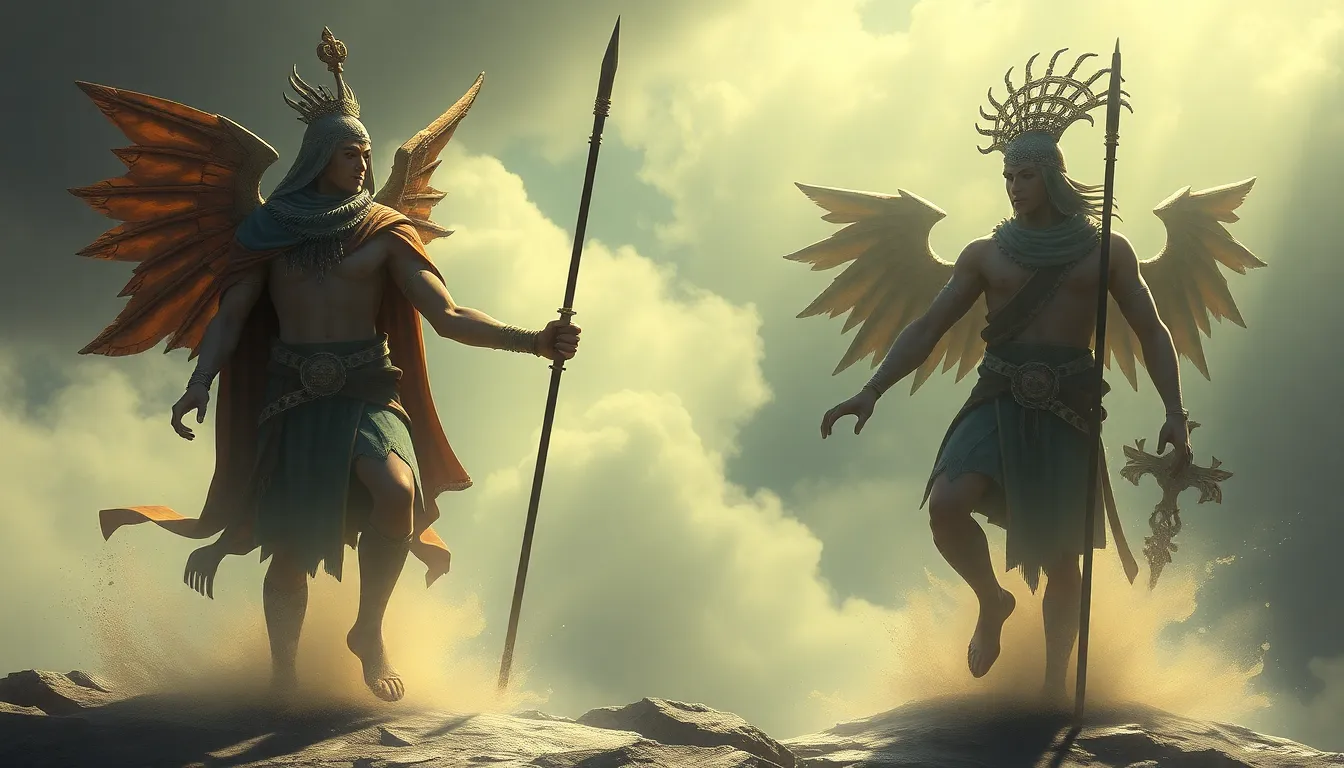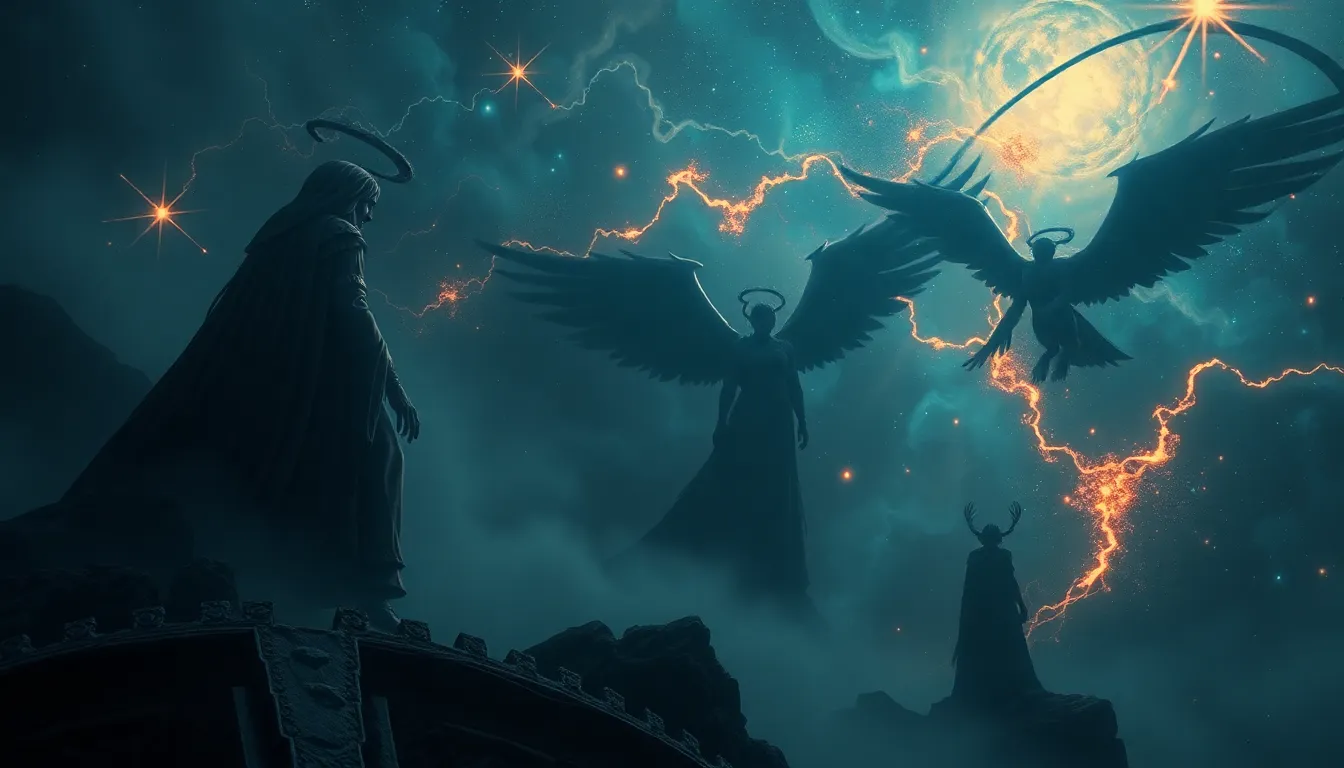Comparing Greek and Roman Mythology: Key Differences
Mythology from ancient civilizations like the Greeks and Romans continues to captivate us with its rich tapestry of gods, heroes, and epic tales. While both Greek and Roman mythologies share some similarities, they also exhibit significant differences that offer unique insights into the beliefs and cultures of these civilizations.
1. Origins of Mythology:
Greek mythology predates Roman mythology and has its roots in the civilizations of Minoan and Mycenaean cultures. The earliest written sources of Greek myths can be traced back to the works of Homer and Hesiod. Conversely, Roman mythology was heavily influenced by Greek mythology but also intertwined with Etruscan and other local Italian beliefs.
2. Deities and Names:
One of the striking differences between Greek and Roman mythology lies in the names of their deities. For instance, Zeus is the king of the Greek gods, corresponding to Jupiter in Roman mythology. Similarly, Athena in Greek mythology is known as Minerva in Roman mythology. This shift in names reflects the shift in cultural interpretations and significance of these celestial beings.
3. Interpretation of Characters and Events:
Although many stories and characters overlap between Greek and Roman mythologies, the interpretations and moral lessons associated with these figures often differ. For example, the story of the Trojan War is central in both mythologies; however, the emphasis and details vary in each tradition. These nuances provide a deeper understanding of societal values and beliefs in ancient Greece and Rome.
4. Influence on Art and Literature:
Both Greek and Roman mythologies have been profound influences on art, literature, and culture throughout history. While Greek mythology is renowned for its emphasis on heroism and tragic flaws, Roman mythology often portrays virtue, discipline, and duty. This distinction in themes manifested in art and storytelling, shaping the artistic movements of their respective civilizations.
In conclusion, the comparison between Greek and Roman mythologies reveals not only the interconnectedness of ancient belief systems but also the distinct cultural nuances and interpretations that have endured through the ages. Studying these mythologies offers a glimpse into the worldviews and values of the Greeks and Romans, enriching our understanding of these fascinating ancient cultures.
What are the key differences between Greek and Roman Mythology?
1. What is Greek Mythology?
Greek mythology refers to the collection of myths and legends that originated in ancient Greece. It encompasses stories of gods, goddesses, heroes, and mythical creatures that were an integral part of Greek culture.
2. What is Roman Mythology?
Roman mythology, on the other hand, is the mythological tradition of ancient Rome. It was heavily influenced by Greek mythology but with distinct differences, including the names of deities and the narratives surrounding them.
3. How do Greek and Roman Gods Differ?
While many Greek and Roman gods share similar attributes and domains, they often have different names and slightly different characteristics. For example, Zeus in Greek mythology is equivalent to Jupiter in Roman mythology.
4. Are there Differences in Mythological Stories?
Yes, although there are similarities in the myths of both traditions, there are also significant differences in the narratives, family relationships, and specific events depicted in Greek and Roman mythology.
5. How Did the Romans Adapt Greek Mythology?
The Romans adopted and adapted many elements of Greek mythology to fit their own cultural and religious beliefs. This process of syncretism resulted in a fusion of Greek and Roman myths, with some variations and additions by the Romans.



